Our new column, The Female Gaze, is a place to elevate female empowerment and listen to those changing the world.
In our sixth edition, we speak to Semerian Sankori, founder of Patinaai Osim, a non-profit organisation dedicated to empowering Indigenous children, women, and youth in Kenya.
Growing up in the Kenyan village of Isara, Semerian tells us she “witnessed firsthand the challenges faced by vulnerable groups, particularly girls and women,” including “female genital mutilation (FGM), early forced marriages, lack of access to education, and other forms of gender-based oppression.”
In setting up the non-profit organisation, Patinaai Osim, Semerian aimed to make a difference in her community, supporting Maasai women and helping to transform lives through education, empowerment, and economic independence, among other things. She also uses her voice to advocate for greater representation of Maasai voices in the Kenyan tourism sector.
Here, Semerian talks to us about her childhood memories, how and why she founded Patinaai Osim, what her organisation’s recent partnership with The Intrepid Foundation means to her, and her hopes for the future. She also reveals a hidden Kenyan secret that she believes you should add to your list of places to visit on your next trip.
Tell us about your early upbringing in Kenya:
I hail from the quaint village of Isara in Kajiado where my upbringing was coloured by the rhythms of a family of ten, I was the second eldest. Both my parents, esteemed educators, laid the groundwork for our lives. The Maasai culture thrives on social bonds and communal living, a trait vividly mirrored in my household. Our doors were always open to relatives and friends’ children, a testament to the deeply rooted traditions we held dear. Occasionally, clashes arose when our youthful voices sought expression amidst the steadfast traditions.
When I was born, my father ventured into local politics; this took him away which meant weekends became precious, as those were the days when my father returned home, leaving my mother as the anchor during the weekdays.
Our local primary school in Isara faced significant educational hurdles, prompting my parents to make a pivotal decision regarding my schooling. My elder sister and I found ourselves enrolled in a girls’ boarding school in Kajiado a distance from home, where the majority of students hailed from the Maasai community. School holidays were filled with the rustic duties of herding goats and sheep, and, under my mother’s teaching, I learned the art of milking cows – a task that became a part of my daily routine. Being the second eldest child, the responsibility of caring for my younger siblings came naturally, nudging me into maturity at a swift pace.
Tell us about your favourite childhood memories?
Some of my favourite childhood memories revolve around my grandmothers. They both raised their children single handedly despite the challenges and inequality that exists in patriarchal communities. They were a significant presence in my life. My maternal grandmother was an enterprising woman with a keen business acumen, owning a shop, bar, and restaurant in an area then called Mile 46 – she paved the way for many other women to see it possible. My paternal grandmother lived close to us and I grew up learning my culture, the folk songs, riddles, how to clean milk guard, etc. She taught me how to sing to the cows as a way of soothing them when milking.
In 2001 you moved to Australia to study tourism management. What was the motivation for this?
Post-high school, I was fortunate to secure a job, allowing me to take an active role in my siblings’ lives, visiting them regularly in their respective boarding schools. After seven years in the banking sector, an itch for a greater purpose tugged at my heartstrings. With resolve, I bid adieu to my banking career in pursuit of something more meaningful. A friend nudged me to consider studying abroad in Australia instead of South Africa where I was planning to go. In 2001, with a mix of excitement and anxiety, I embarked on my maiden voyage overseas, leaving behind the familiar embrace of family.
I was based in Perth, Australia to study Tourism Management and Marketing at Curtin University. I also did a post graduate in Community Development Practice and a Masters in Social Policy at the same university. I was there for 10 years.
My goal was clear from the outset – to equip myself with knowledge and skills to effect change back home. Rooted in my village experiences, I was keenly aware of the challenges that beset communities like Isara. This awareness fuelled my determination to play a part in creating solutions and positive change.
Is the tourism industry something you have always been interested in?
Yes, particularly its connection with wildlife in Kenya and my upbringing surrounded by the wilderness. In my hometown, encounters with elephants, wildebeests and zebras are common, often making the journey to the local school an adventurous trek. Witnessing the ongoing challenges of human-wildlife conflict throughout my life, it felt almost innate to gravitate towards a career in tourism.
Growing up within the Maasai community, where coexistence with wildlife is woven into our cultural fabric, I found myself drawn to the intricacies of tourism. Our lands, particularly areas like Amboseli and Maasai Mara, host some of Kenya’s most renowned national parks and lodges. However, a question always lingered in my mind: why weren’t there more Maasai men and women in top positions within these lodges?
Maasai Mara National Reserve
This curiosity fuelled my passion for tourism, especially the desire to contribute to the industry’s growth and inclusivity. I was inspired to delve deeper into the field, exploring avenues where I could promote not only the natural wonders of our land but also advocate for greater representation of Maasai voices in the tourism sector. The allure of tourism, with its potential to bridge conservation efforts, community engagement, and economic development, has been a constant beacon guiding my career aspirations.
Did you enjoy living in Australia?
Yes. My time in Australia was a transformative chapter in my life. It not only equipped me with valuable skills and knowledge for my career, but also gifted me with cherished memories of a vibrant country. It was a period marked by personal growth, academic enrichment and unforgettable experiences. Australia’s diverse culture and welcoming atmosphere made it easy for me to integrate into life there. The city of Perth, where I was based for my studies at Curtin University, offered a blend of urban amenities and natural beauty. Exploring the stunning beaches, lush parks, and bustling city life was always a joy.
The academic environment at Curtin University was enriching and inspiring. I had the opportunity to learn from top professors, engage in thought-provoking discussions, and immerse myself in a curriculum that expanded my knowledge of tourism management and marketing. Beyond academics, I made friends from various corners of the globe, and some from home, fostering lasting relationships. These connections added depth to my understanding of the world and broadened my perspectives. Australia became a temporary home, nurturing not just academic growth but also lifelong friendships. Twelve years later, many of those friends have returned to Kenya, and our bonds remain as strong as ever; a bridge spanning continents but rooted in shared experiences and aspirations.
When did you move back to Kenya, and why?
In 2010, after completing my Masters – and with the firm intention of making a tangible difference in my community. This decision led me to found Patinaai Osim, a non-profit organisation dedicated to advocating for the rights of Indigenous children, women, and youth.
Growing up in the Maasai pastoral community, I witnessed firsthand the challenges faced by vulnerable groups, particularly girls and women. Issues such as female genital mutilation (FGM), early forced marriages, lack of access to education, and other forms of gender-based oppression were prevalent. I wanted to create a beacon of hope. Patinaai Osim aims to provide education, health awareness, challenge gender norms, promote economic independence, and advocate for environmental sustainability. It was a proactive step towards creating a more equitable and empowered future, channelling my education and passion into initiatives for positive change.
What does Patinaai Osim do?
We operate on multiple fronts, striving to uplift and transform lives through various programs and initiatives.
We believe education is a powerful tool for empowerment and support access to quality education for Indigenous children, ensuring they have the opportunity to learn, grow, and pursue their dreams. We challenge and break down harmful gender stereotypes, advocating for equality and empowerment of women and girls within the community. Through awareness campaigns and education, we empower women and youth to make informed choices about their health and well-being, including promoting safe practices and addressing stigmas surrounding sexual and reproductive health. We build economic independence, assisting vulnerable women in creating alternative sources of income, fostering economic independence and self-sufficiency. Our commitment to conservation extends to sensitising the community on environmental issues and promoting sustainable practices. We believe in preserving the land and resources for future generations.
Which communities does Patinaai Osim support?
Our mission is clear: to support the education and empowerment of Indigenous children, women, and youth across various aspects of their lives. Patinaai Osim’s reach extends across the Maasai community, particularly focusing on rural areas where vulnerable populations face significant challenges. We work tirelessly to create positive change, offering support, resources, and advocacy for those who need it most.
Patinaai Osim has recently partnered with The Intrepid Foundation, has this changed things for you?
Yes, Patinaai Osim’s partnership with The Intrepid Foundation has brought transformative changes. This collaboration has enabled us to introduce a program supporting women in the Noosidan community with tailoring skills for sustainable livelihoods, specifically to combat climate change challenges. Through this program, we empower women to generate income, achieve economic independence, and address climate change. The partnership has expanded our reach and impact, fostering self-reliance and sustainability within the community. In essence, our collaboration has empowered women to thrive. This partnership signifies a significant step towards a brighter, more sustainable future for the Noosidan community.
What are you proud of achieving through Patinaai Osim?
I am immensely proud of the diverse achievements we have made through Patinaai Osim, reflecting our commitment to holistic community development and sustainable change. One of our proudest achievements is empowering women in the Noosidan community with valuable tailoring and goat-rearing skills. This program has provided them with a means to generate income, achieve economic independence, and support their families.
We’ve taken a proactive approach to combatting the challenges posed by climate change. By promoting sustainable practices such as upcycling, waste reduction and tree planting we are making a tangible difference in the community’s resilience to environmental changes. Our organisation has been a strong advocate for the rights of Indigenous women and we have challenged unequal gender norms, promoted women’s empowerment, and provided support for vulnerable women to create alternative income sources. Through targeted support, we have helped children improve their foundational learning in early childhood development (ECD), setting a strong educational foundation for their future.
We have empowered individuals to actively engage in the improvement of their social-economic status. This has led to increased self-reliance and resilience within the community. We’ve successfully drilled boreholes in five communities, providing access to clean and safe water. This initiative has not only improved the health and well-being of the community but has also empowered women and children – who no longer have to travel long distances to fetch water. Patinaai Osim is also committed to environmental conservation, and our initiatives reflect this dedication. Through tree planting programs and sensitisation campaigns, we are fostering a culture of conservation and responsible stewardship of natural resources.
What are you proud of achieving outside of it?
I am proud to have pursued and completed my Bachelor of Commerce in Tourism Management, Postgraduate Diploma in Community Development Practice, and Masters in Social Policy from Curtin University, Western Australia. Throughout my life, I have faced various challenges and obstacles, both personally and professionally – I’m proud of my resilience and ability to overcome these challenges, emerging stronger and more determined. I’m proud of my travel, as it has allowed me to gain valuable insights into diverse cultures, traditions, and ways of life. I’ve been actively involved in promoting women’s empowerment and gender equality initiatives – this includes participating in workshops, seminars, and events focused on women’s rights and opportunities – and I’ve been involved in advocacy efforts and community engagement initiatives, making a positive impact in my community.
Above all, I am proud of my ongoing journey of personal growth and development.
Can you let us in on a Kenya secret? What or where is one place that not many tourists know about but that is worth visiting?
The Chyulu Hills. This stunning range of volcanic hills lies between Amboseli and Tsavo National Parks, offering a breathtaking landscape of rolling green hills, ancient lava flows, and dense forests. For a pastoralist like myself, the Chyulu Hills hold a special place of importance. But it’s not just a scenic wonder, it’s also a lifeline for the Maasai community during drought seasons.
Why is the work you do important to you?
The work I do with Patinaai Osim is not just a job – it is a calling, a mission to create a more equitable, empowered, and sustainable world. It gives me purpose, drives my actions, and inspires me to continue striving for positive change every day.
Our approach to community-led development fosters a sense of ownership and empowerment among community members. Seeing them take charge of their own development and create lasting change is immensely rewarding, and I’m driven by the desire to leave a lasting legacy of empowerment, equality, and sustainability. Knowing that the work we do today will have ripple effects, shaping a brighter future for entire communities, fuels my passion and commitment.
What’s next for Patinaai Osim?
We aim to expand our existing programs and initiatives to reach more individuals within the community: we plan to introduce more initiatives focused on improving access to quality education, providing scholarships, and enhancing learning outcomes. We will continue to offer training in skills development, financial literacy, and entrepreneurship, and we will introduce youth-focussed programs in leadership development, mentorship, and vocational training. By investing in the youth, we aim to create a generation of empowered individuals who can drive positive change in their communities.
We’ll also seek to establish strategic partnerships with like-minded organisations, government agencies, and institutions that enable us to leverage resources, expertise, and networks to maximise our impact and reach.
We are committed to building on our achievements, exploring new avenues for impact, and continuing to be a catalyst for positive transformation in the Maasai community and beyond. Together with our partners, supporters, and the community itself, we look forward to an inspiring journey ahead.
We may earn a commission if you buy something from any affiliate links on our site.
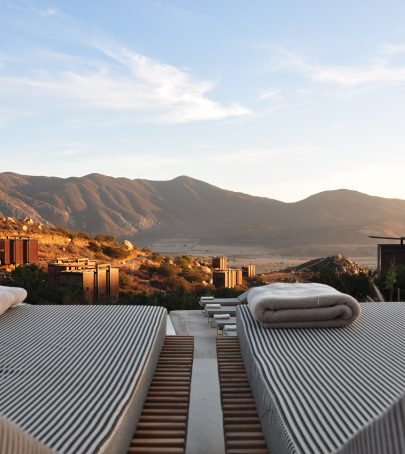
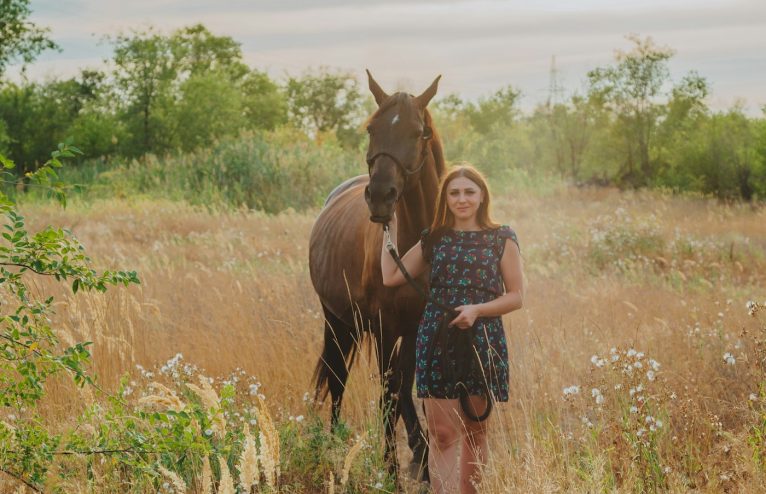
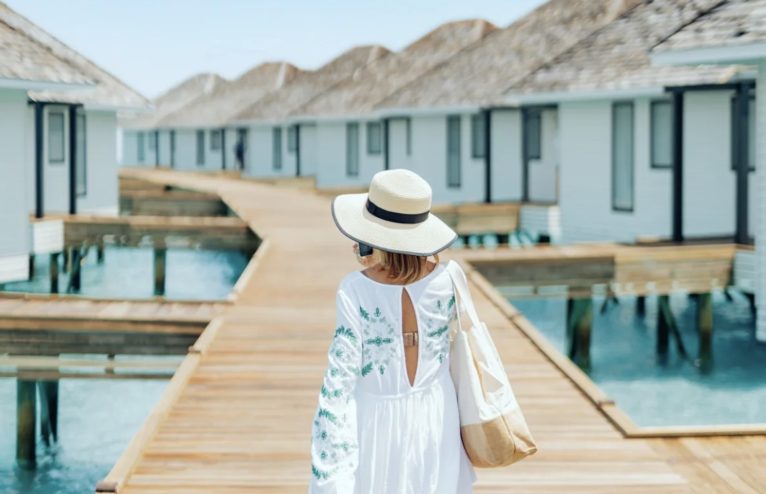
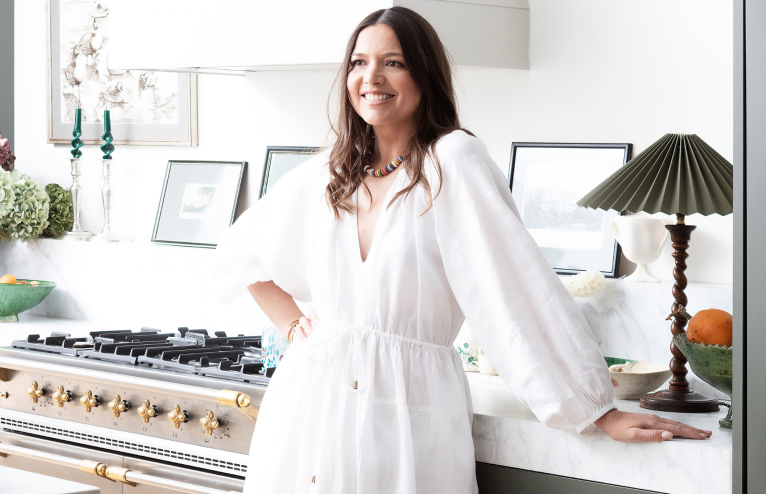


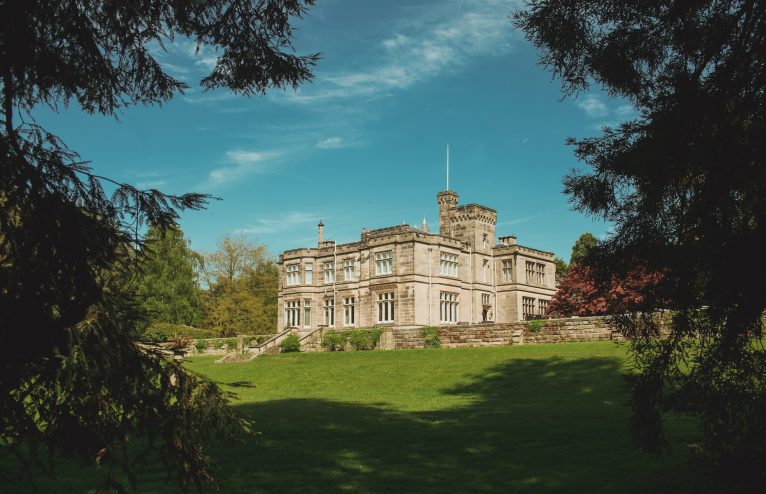
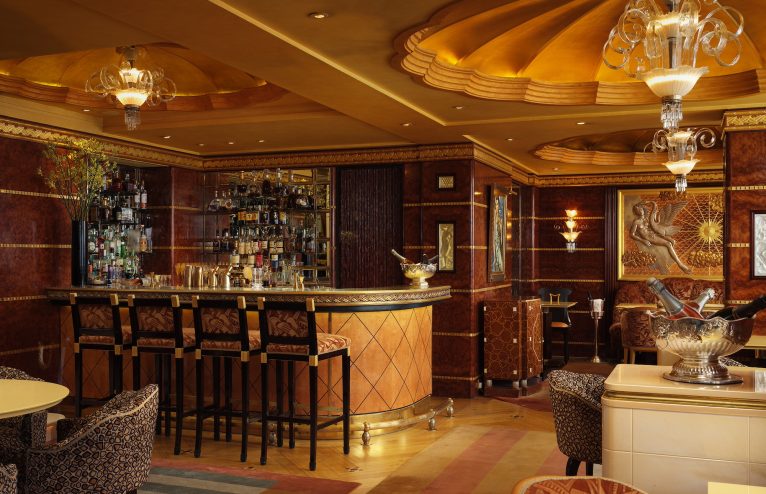
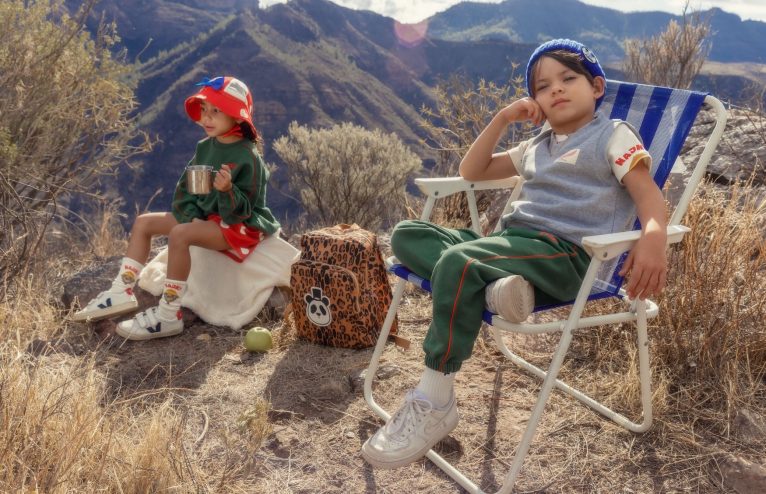
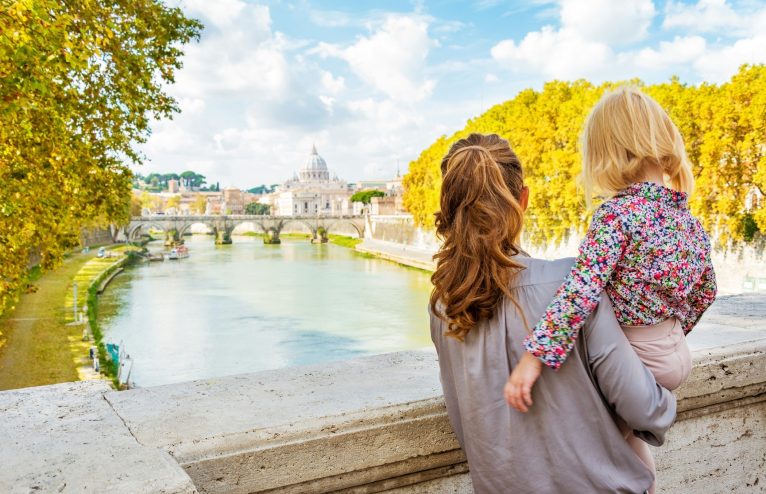
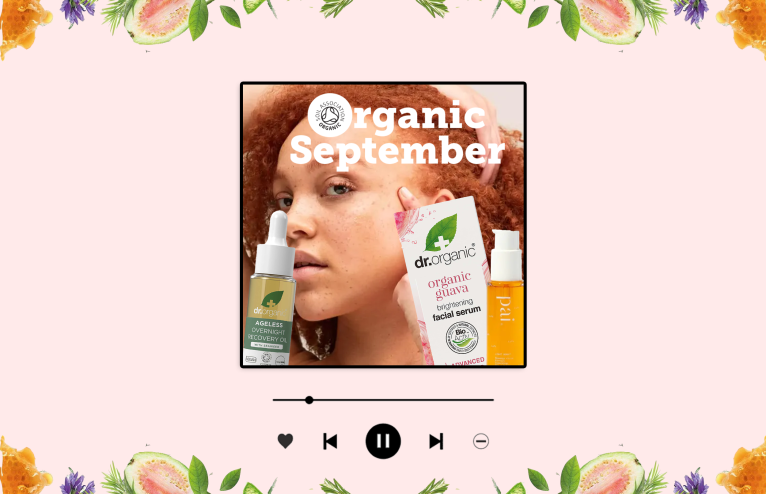
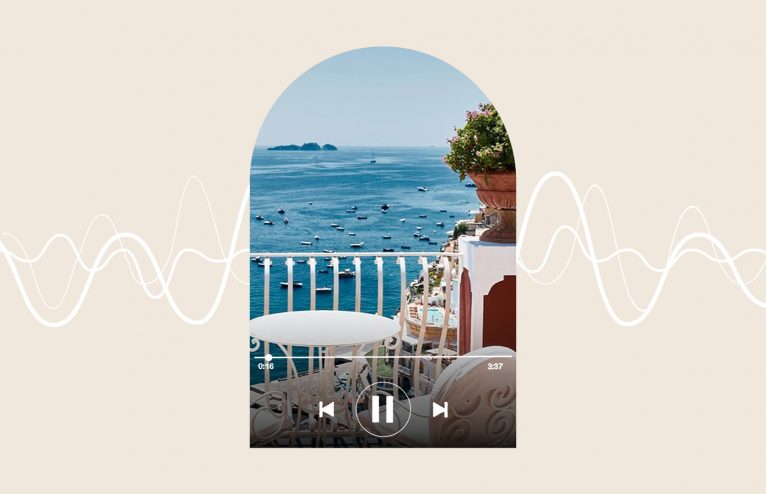
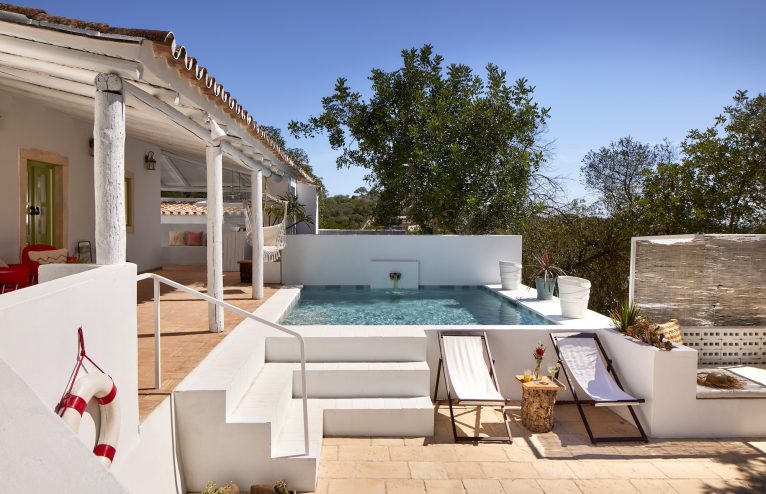
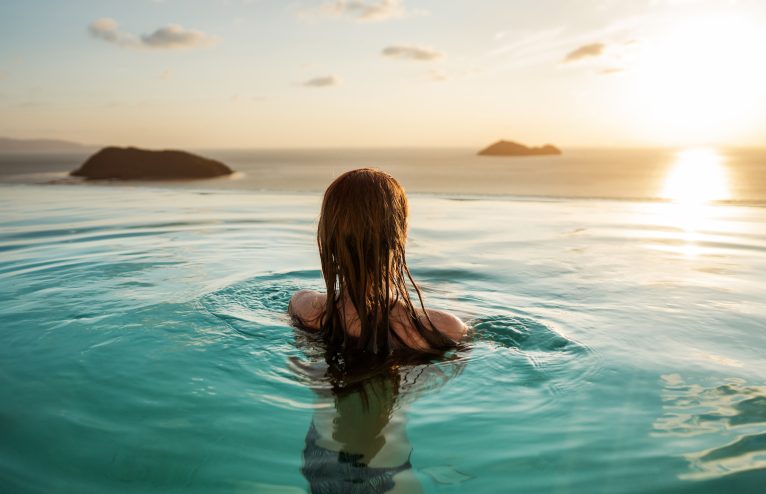

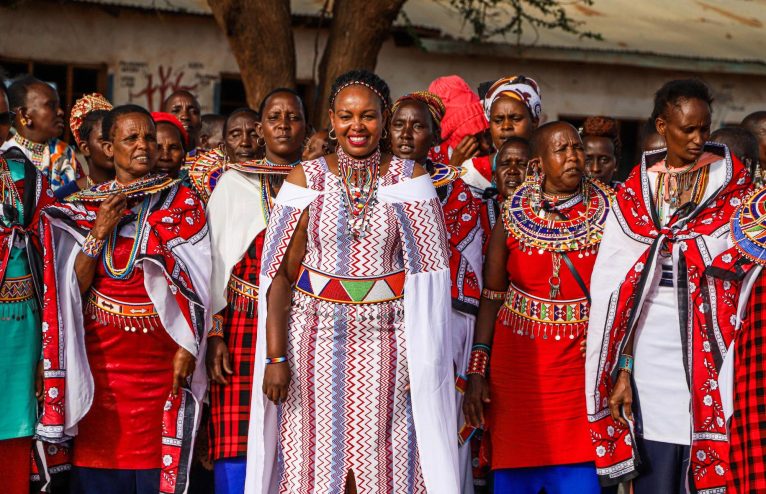
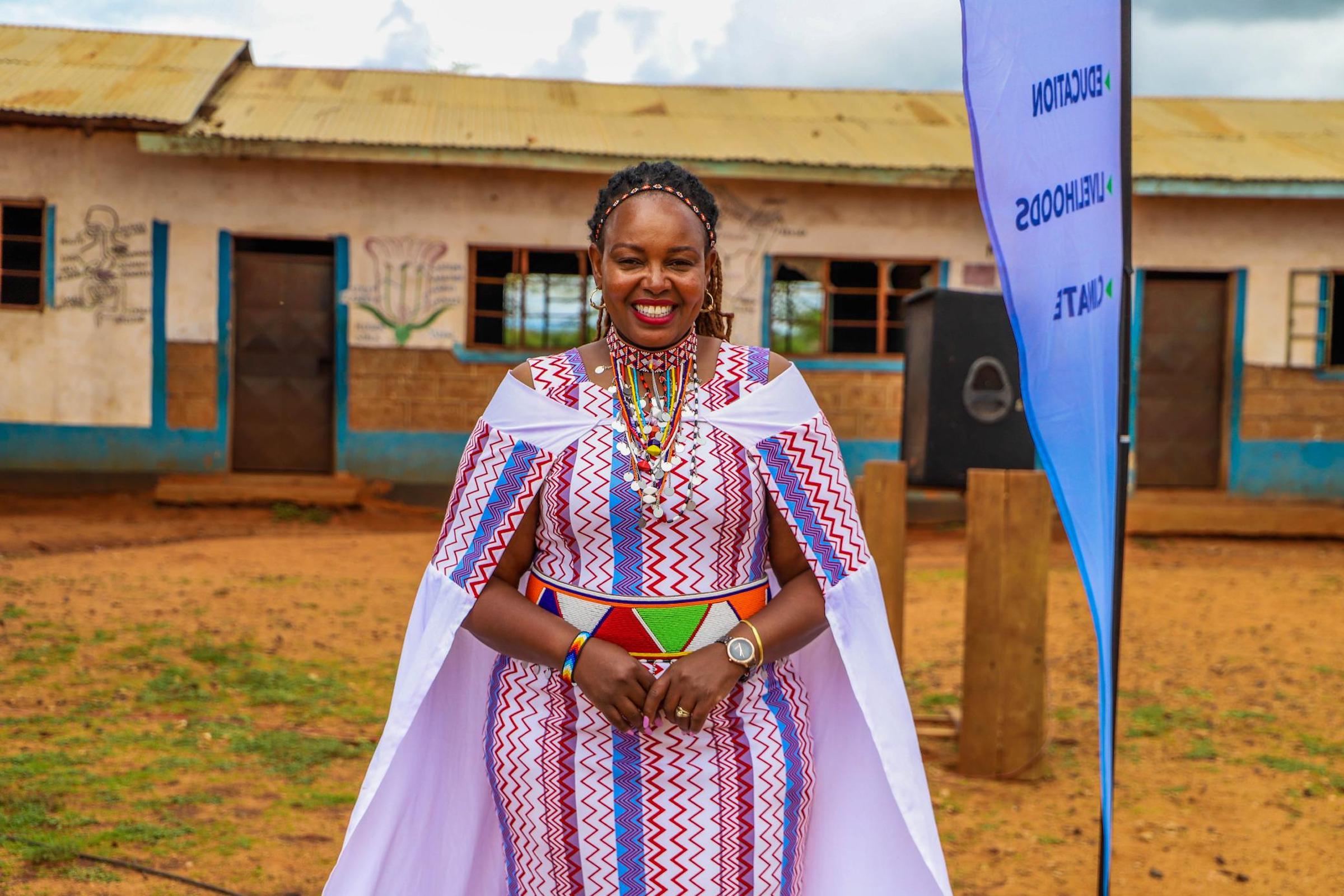
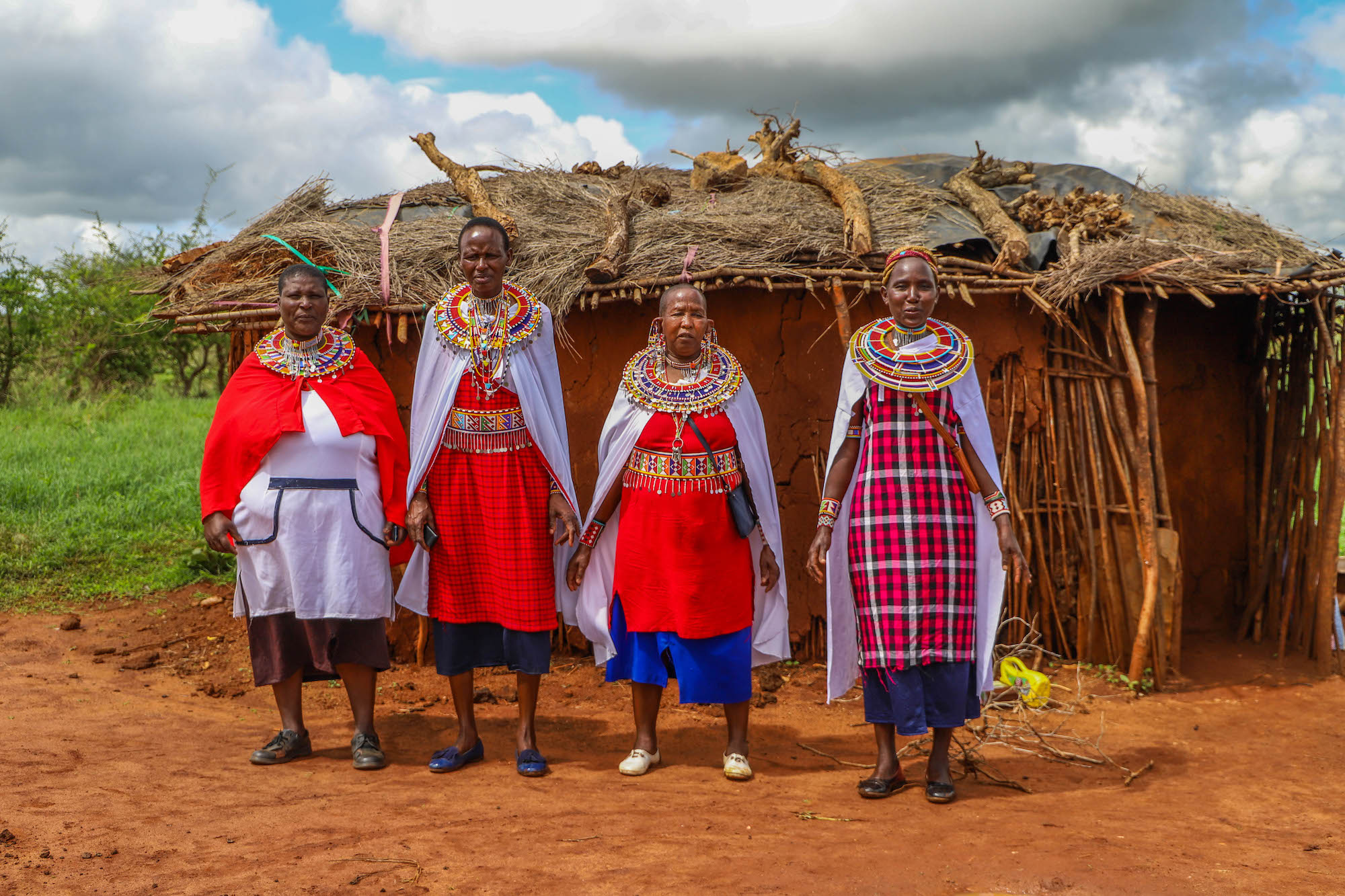
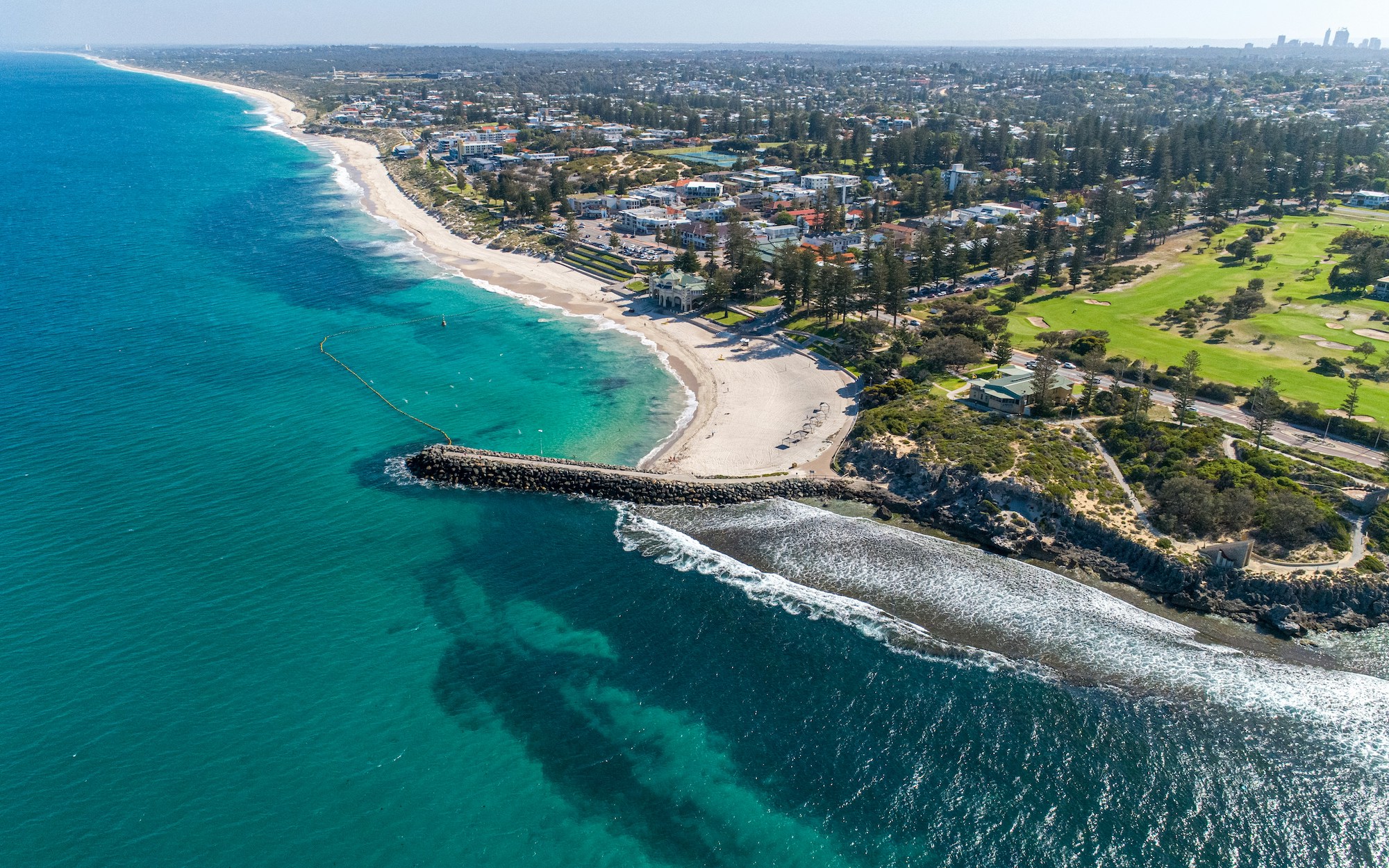
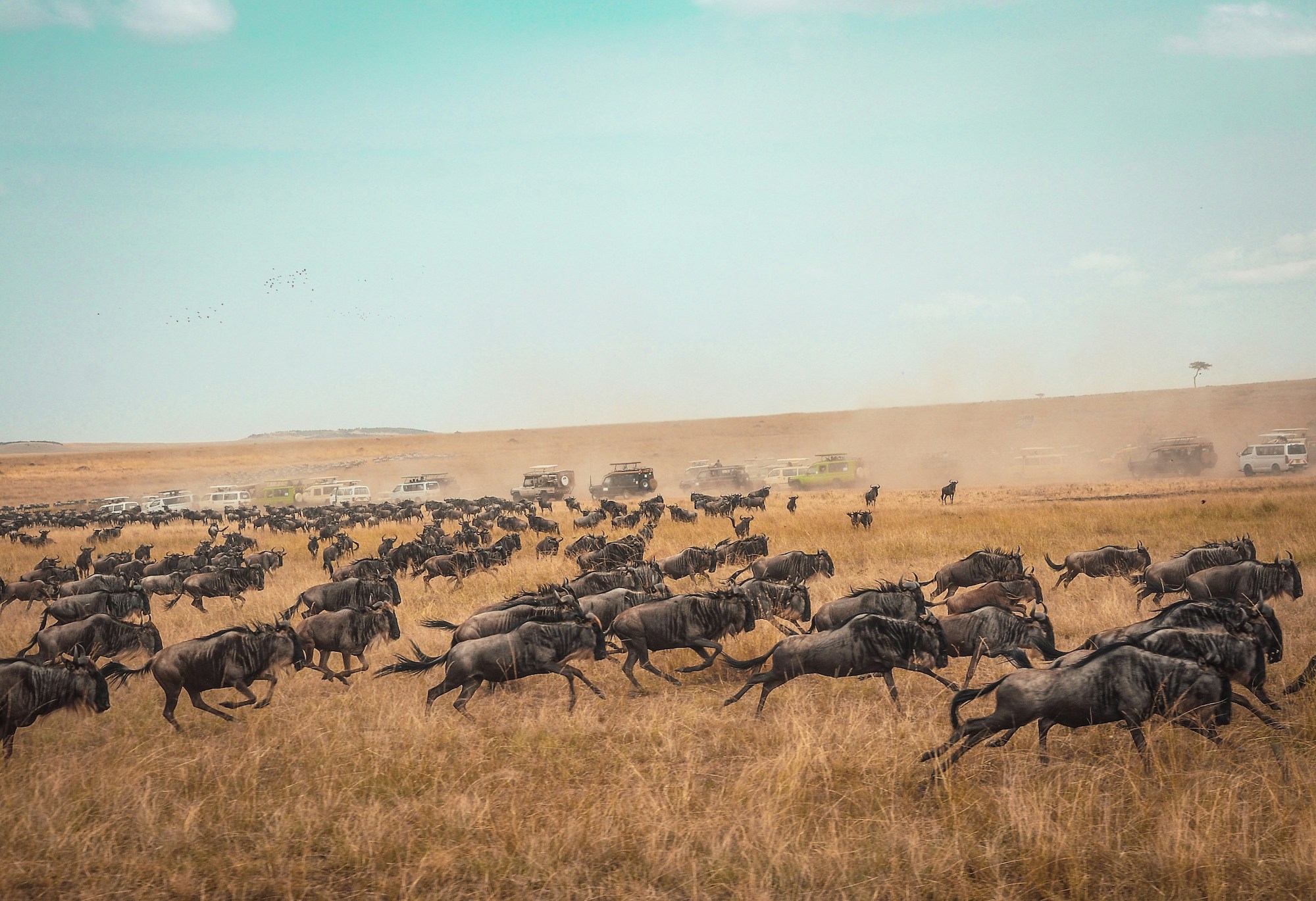
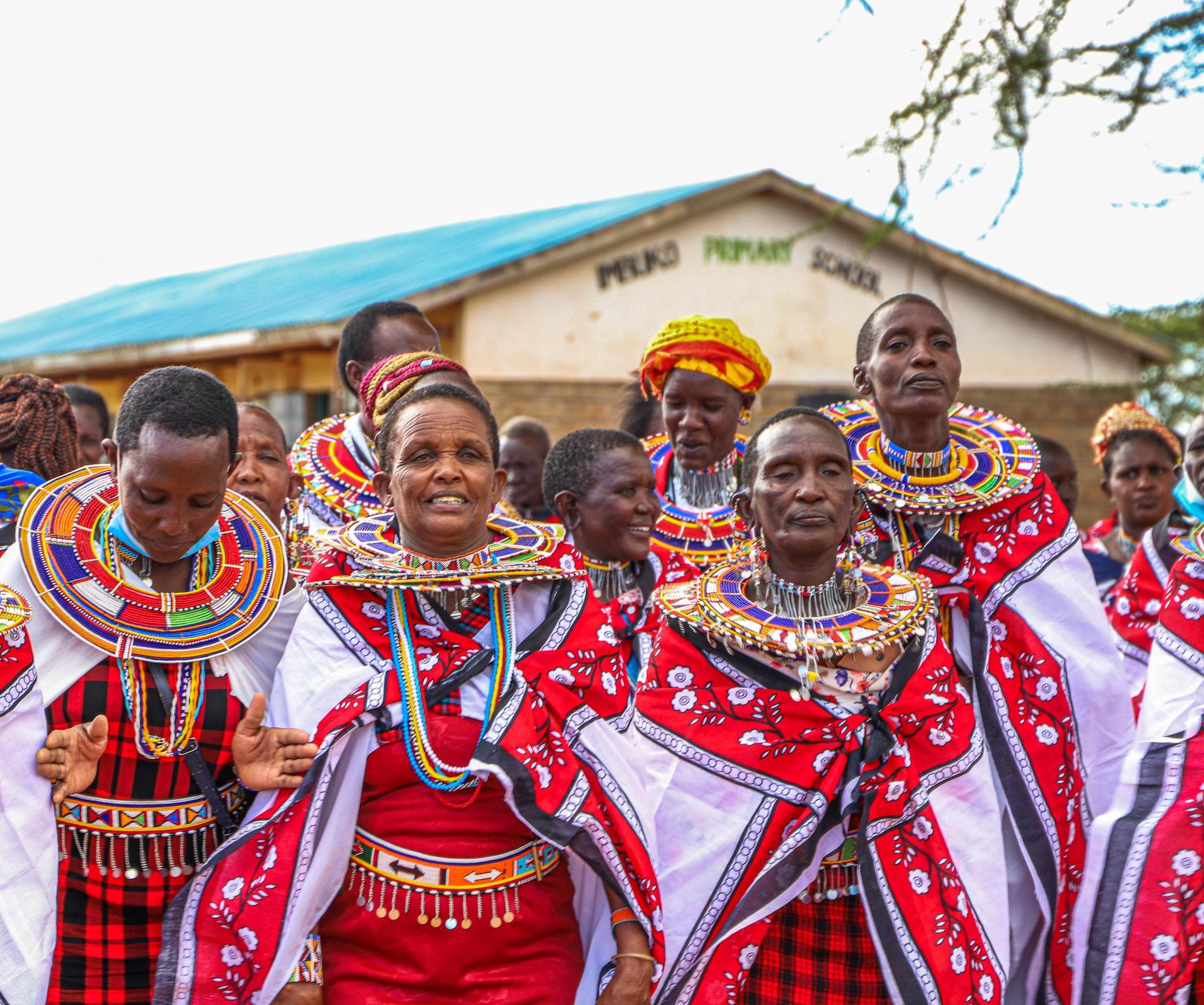
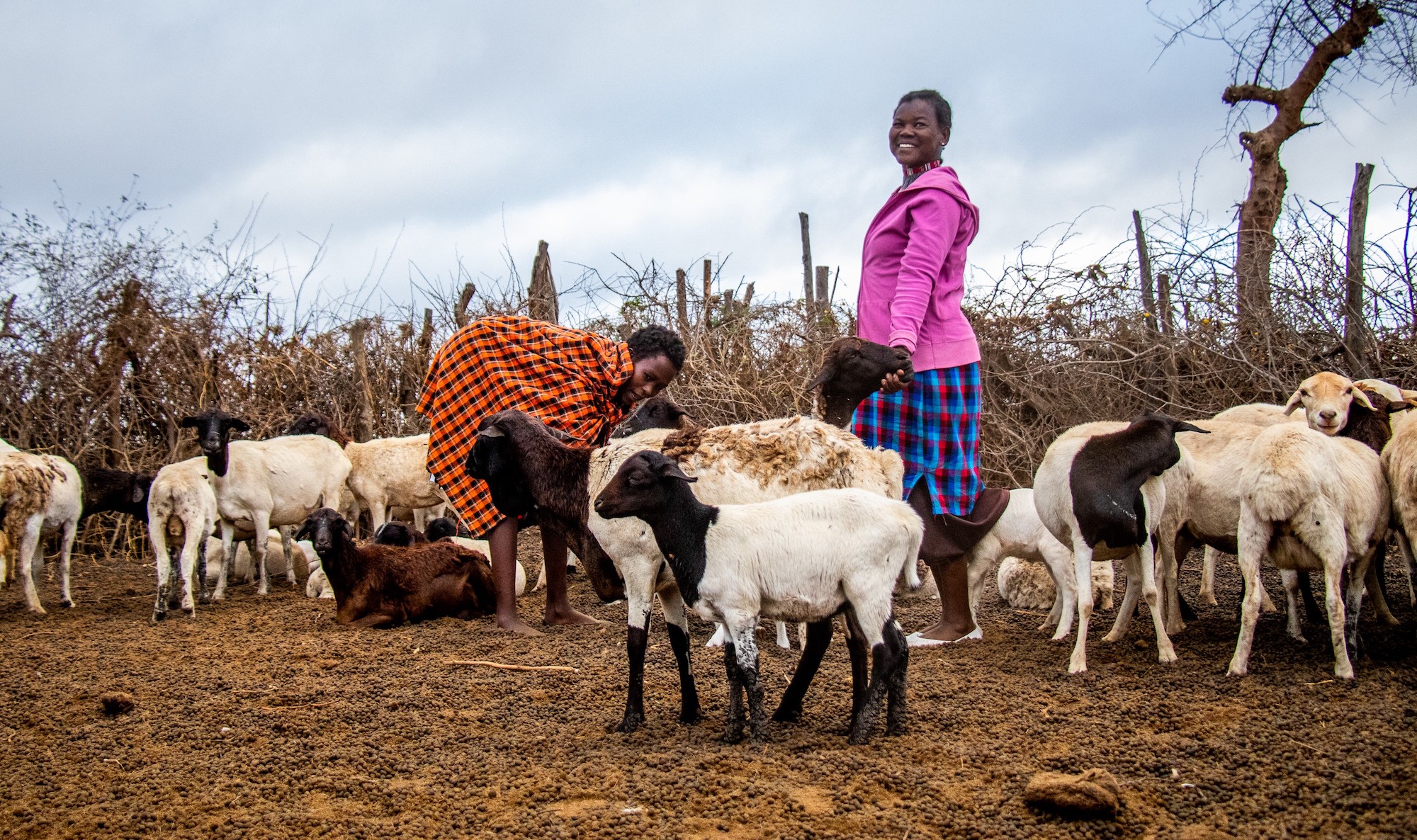
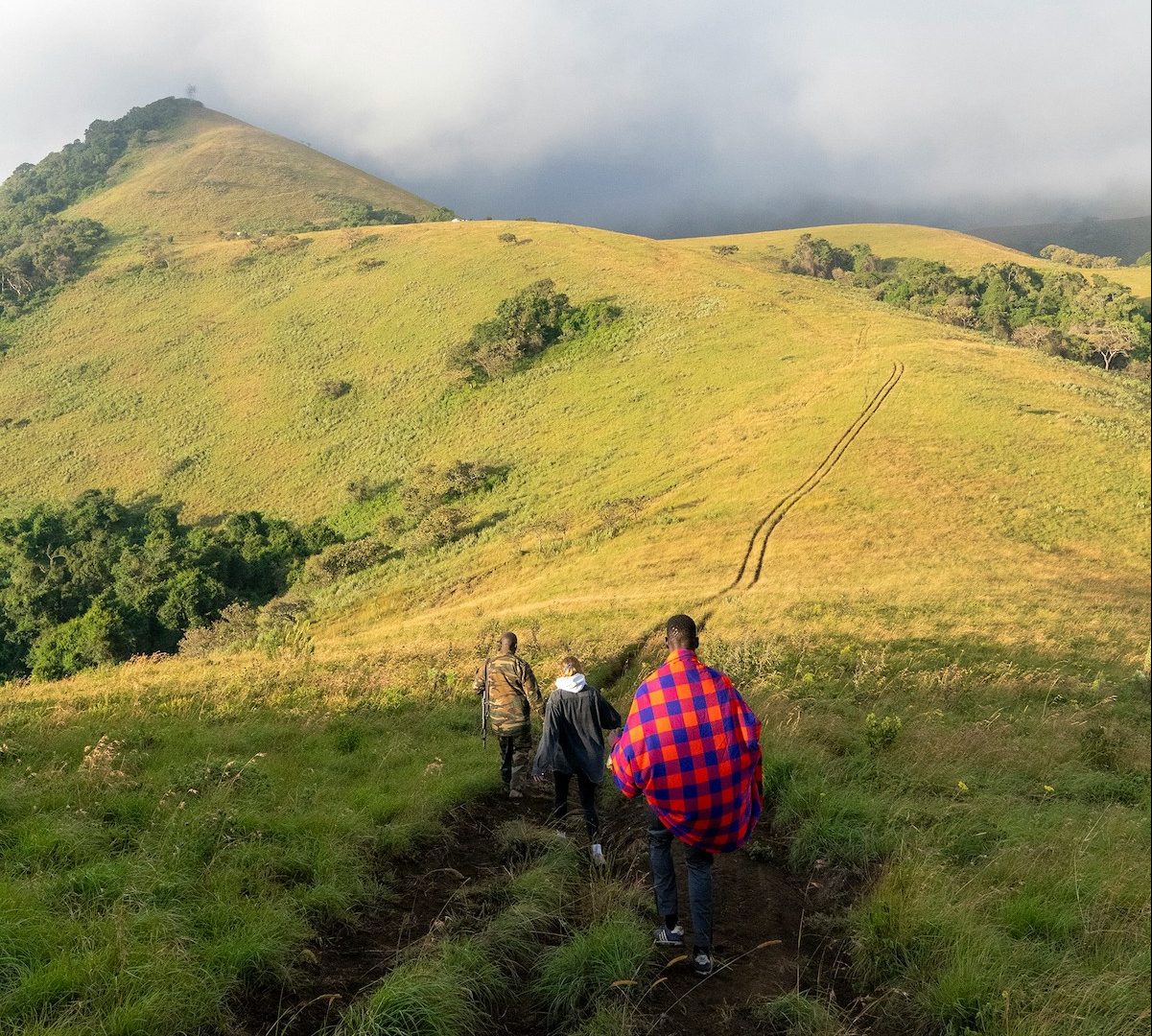
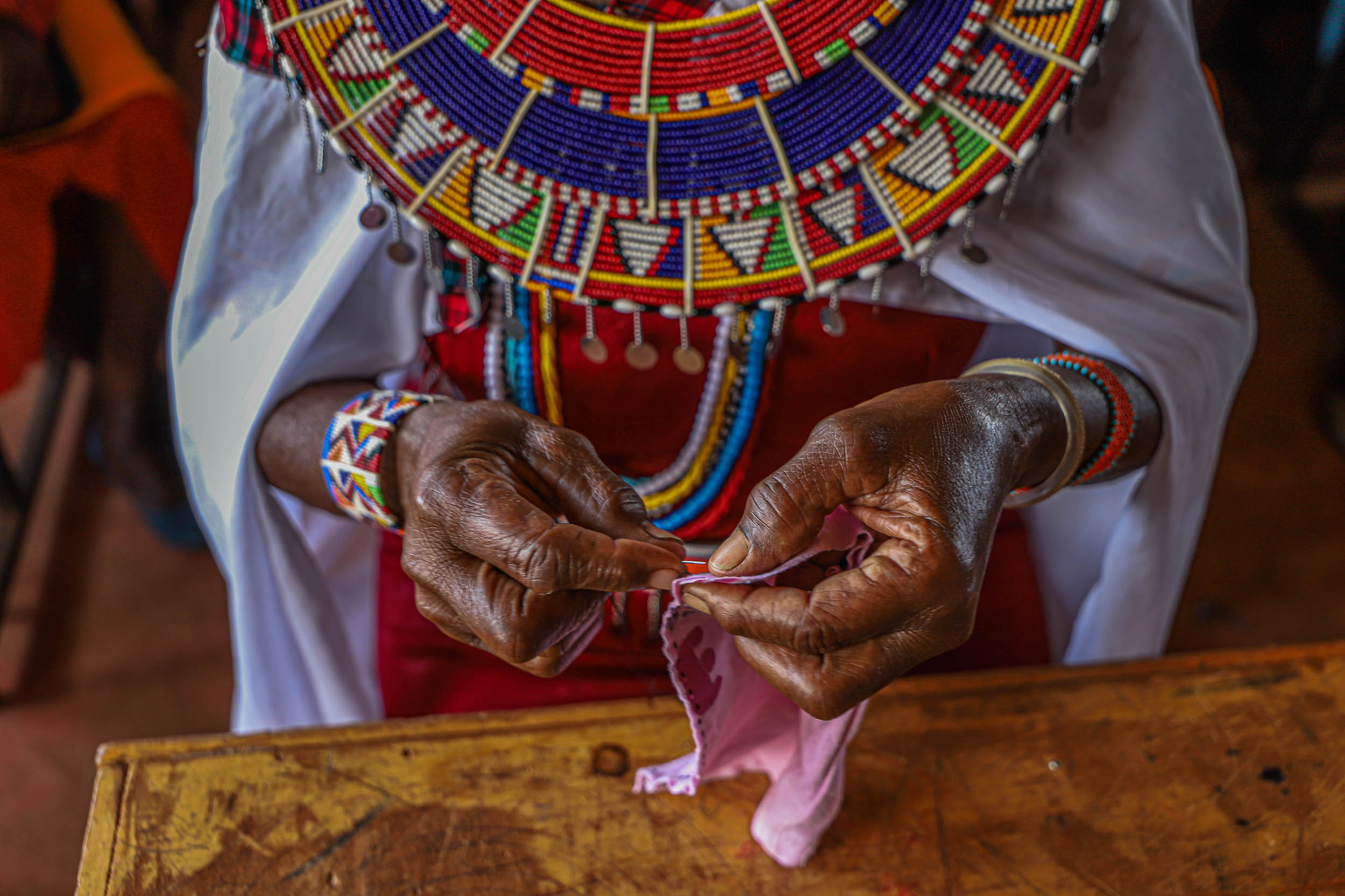
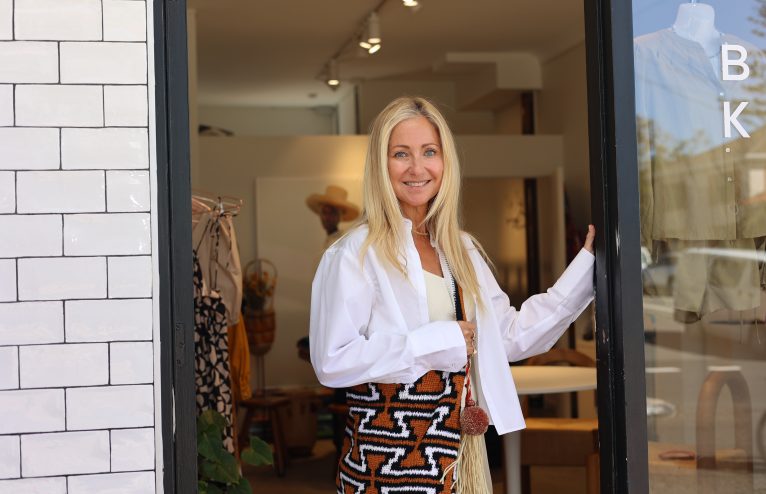
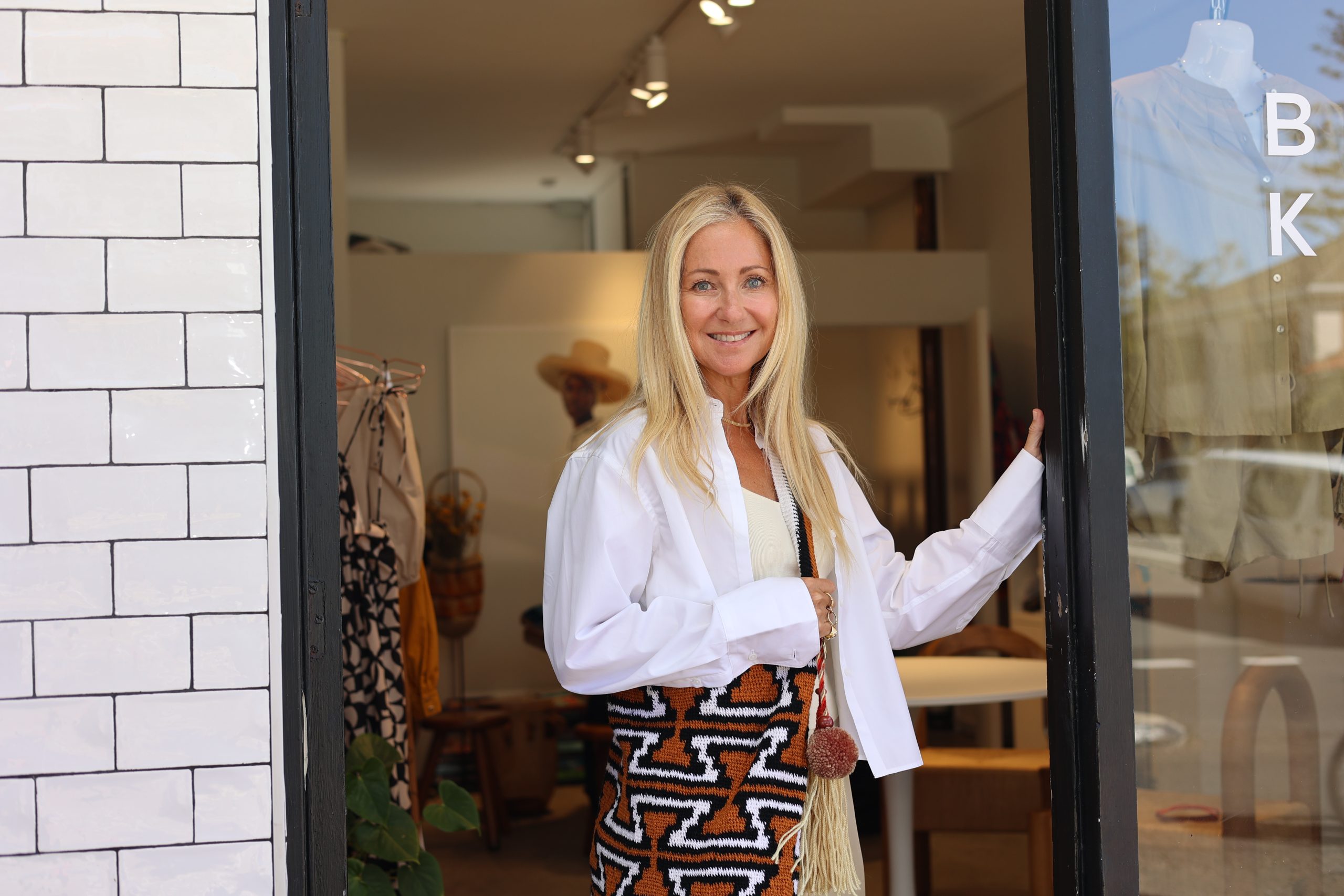

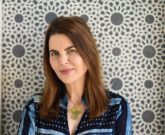
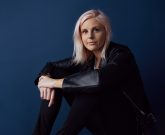
Any Questions or Tips to add?